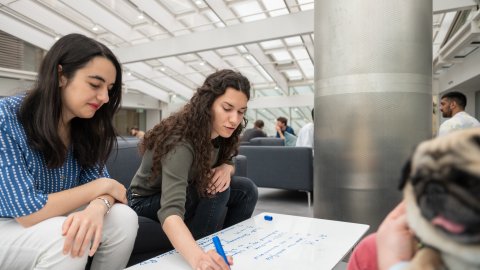Systemic Risk in Markets with Multiple Central Counterparties
Abstract
We provide a framework for modelling risk and quantifying payment shortfalls in cleared markets with multiple central counterparties (CCPs). Building on the stylised fact that clearing membership is shared among CCPs, we show how this can transmit stress across markets through multiple CCPs. We provide stylised examples to lay out how such stress transmission can take place, as well as empirical evidence to illustrate that the mechanisms we study could be relevant in practice. Furthermore, we show how stress mitigation mechanisms such as variation margin gains haircutting by one CCP can have spillover effects on other CCPs. The framework can be used to enhance CCP stress-testing, which currently relies on the “Cover 2” standard requiring CCPs to be able to withstand the default of their two largest clearing members. We show that who these two clearing members are can be significantly affected by higher-order effects arising from interconnectedness through shared clearing membership. Looking at the full network of CCPs and shared clearing members is therefore important from a financial stability perspective.
This is joint work with Iñaki Aldasoro.
BIS Working Paper No 1052: https://www.bis.org/publ/work1052.pdf
The new scholarship, enabled by founding and principal donor XTX Markets, launches in memory of Iranian mathematician Maryam Mirzakhani.
A £2.48 million gift from founding and principal donor XTX Markets, the global algorithmic trading firm, will enable the endowment of a Maryam Mirzakhani scholarship scheme at the University of Oxford, to help talented female graduates pursue doctoral studies in mathematics at Oxford.



